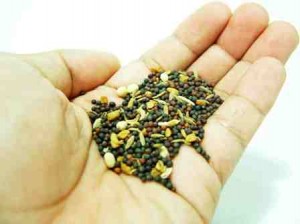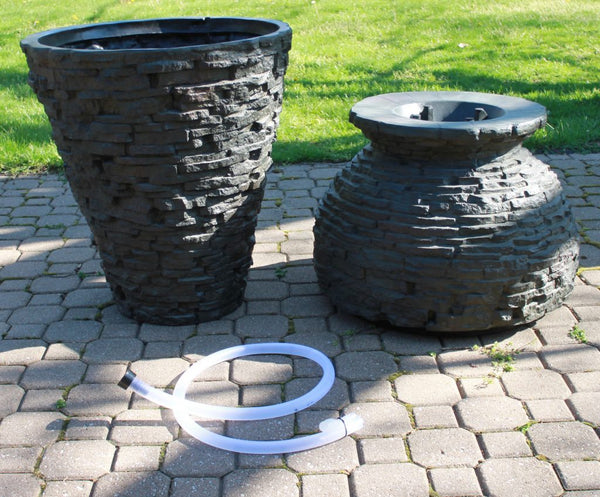
Many of us may choose to be resourceful enough to sow our own seeds to save money or maybe because we like the plant varieties only offered as seed. If you’ve ever purchased a packet of seeds, you’ve probably noticed that you are usually given way more seeds than you will use for one growing season. So, what can you do with all those extra seeds?
Get Involved in a Seed Swap
This is a great networking tool for exchanging yours extra seeds for others you desire. In most cases, you simply create an account, agree to follow their rules and create your posting. Keep in mind that these are individuals, so seed quality might not be up to par with the commercial seed producers. There are many of these seed swap sites, below are just a few:
Old Farmer’s Almanac Seed Swap
National Gardening Association Seed Swap
How to Garden Advice Seed Swap
Sow Extra Seeds for a Gift
Mother’s Day and early summer birthdays are great opportunities to pass along some of your extra plants. They make a relatively inexpensive gift that keeps on giving. If your recipient doesn’t have a garden, dress up the plant in a patio container.
Use Seeds from Existing Plants for Future Sowing
If you have existing plants, harvest seeds from these plants. It’s generally best to avoid saving seeds from hybrid plants because they will be not produce true of the original plant. In other words, there is no guarantee on the quality of plant you will receive from these seeds. Similarly, avoid saving seeds from cross-pollinated plants, such as cucumbers, squash, pumpkins, melons and corn. The offspring from these will most likely produce inferior fruit, unless your plants are isolated from other varieties. In contrast, self-pollinated plants will give you more success. Some examples of self-pollinated plants include tomatoes, peas, lettuce and beans. For more information on how the pollination process works, read this article.
Store for Next Year
Store your extra seeds in its original package in a jar. Place the jar in a cool place such as a closet or a refrigerator. While many seeds are good for 1-3 years, others lose their ability to germinate rather quickly. Always be sure to read the seed packet for more specific instructions.
Sow Extra Seeds for a Plant Swap
There are some great forums and plant swaps, which, again, are a great way to network with others that share the same interest as you. I’ve met some helpful and friendly people on these websites. Here are a few such sites:
Do you have more ideas? Let’s hear them!


